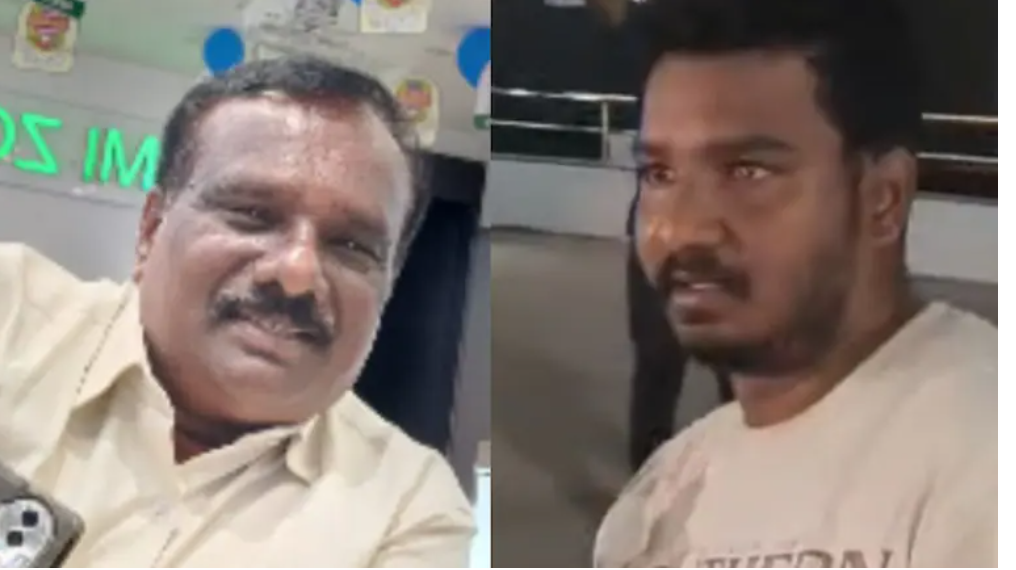The contentious Citizenship Bill, which got a green signal from the Union Cabinet on Wednesday, is expected to be tabled in the Parliament on Monday amid protests from opposition parties and strong resentment in the Northeastern states.
The Citizenship (Amendment) Bill or CAB aims to provide citizenship to non-Muslim refugees from Pakistan, Bangladesh, and Afghanistan, who were “forced or compelled to seek shelter in India due to persecution on the ground of religion”.
The Bill amends the Citizenship Act, 1955 to make Hindus, Sikhs, Jains, Buddhists, Christians and Parsi eligible for citizenship after six years of residence in India. The Bill will also shield them from proceedings of illegal migration.
There are, however, two exceptions to the bill. The CAB will not apply to areas under the Sixth Schedule of the Constitution – which deals with autonomous tribal-dominated regions in Assam, Meghalaya, Tripura and Mizoram. The bill will also not apply to states that have the inner-line permit regime (Arunachal Pradesh, Nagaland and Mizoram). These exceptions didn’t exist in the Bill’s earlier version.
The Bill has been slammed by several opposition parties as communal and divisive with the Congress threatening to challenge the proposed legislation in the Supreme Court. “Citizenship can’t be given on the basis of religion,” they reason.
A large section of people and organisations in the Northeast have been opposing the Bill, saying it will nullify the provisions of the Assam Accord of 1985, which fixed March 24, 1971, as the cut-off date for deportation of all illegal immigrants irrespective of religion.
The influential All Assam Students’ Union (AASU), Asom Jatiyatabadi Yuba-Chatra Parishad (AJYCP), Krishak Mukti Sangram Samiti (KMSS), literary organisation Asam Sahitya Sabha (ASS) have announced agitation till the Bill is withdrawn.
Union minister Prakash Javadekar has assured that the government has taken care of the interests of everyone and “the interest of India”. “People will welcome it as it is in the interest of the nation,” he told reporters.
Congress leader Shashi Tharoor said it violates the basic idea of India that religion can never be a reason for citizenship.
“Those who believe that religion should determine nationhood… that was the idea of Pakistan, they created Pakistan. We have always argued that our idea of the nation was what Mahatma Gandhi, Nehruji, Maulana Azad, Dr Ambedkar have said, that religion cannot determine nationhood,” Tharoor told reporters in Parliament premises.
Calling the CAB “unconstitutional” and “divisive”, veteran Congress leader and three-time Assam Chief Minister Tarun Gogoi said the Congress will approach the Supreme Court.
“Congress will move the SC because we believe that CAB is unconstitutional and against the spirit of secularism. It is divisive and violates the constitutional provision – equality for all. There cannot be division on the basis of religion, caste or creed,” he said in a tweet.
The All India United Democratic Front has requested Amit Shah not to introduce the CAB in Parliament as it is “against the interest of people of Assam and the country”. Twelve MPs from the Northeast also wrote a letter to Prime Minister Narendra Modi last week saying civil society groups of the region are opposing the bill.
Despite facing serious opposition, the BJP is determined to pass the bill. Defence Minister Rajnath Singh has directed all party MPs to be present in the Parliament when the bill is tabled saying “this bill is as important as the move to nullify Article 370”.
The draft legislation is expected to sail through Lok Sabha, where the BJP has a majority and is unlikely to face serious hurdles in Rajya Sabha as the ruling party has often managed the support of parties like the BJD, TRS and YSR Congress for its flagship agenda.
The CAB was an election promise of the BJP in the 2014 and 2019 Lok Sabha polls.
The BJP-led NDA government had introduced the bill in its previous tenure and got the Lok Sabha’s approval. But it did not introduce it in the Rajya Sabha amid protests in the Northeast. The bill lapsed following the dissolution of the last Lok Sabha.
According to the earlier bill, those who came to India on or before December 31, 2014, will benefit from the proposed legislation.
The government is believed to have made certain changes in the new version.
The BJP’s alliance partner in the Assam government, the Asom Gana Parishad (AGP) which had exited the BJP-led coalition at the centre only to return, appears to be divided on the issue. The AGP’s founding president and signatory to the Assam Accord Prafulla Kumar Mahanta is opposing the bill while the current chief and Agriculture Minister Atul Bora has supported it.
The ruling party’s third alliance partner and Bodoland People’s Front has also not opposed the bill as it is unlikely to be applicable to the BTAD areas which are under the Sixth Schedule of the Constitution.

























